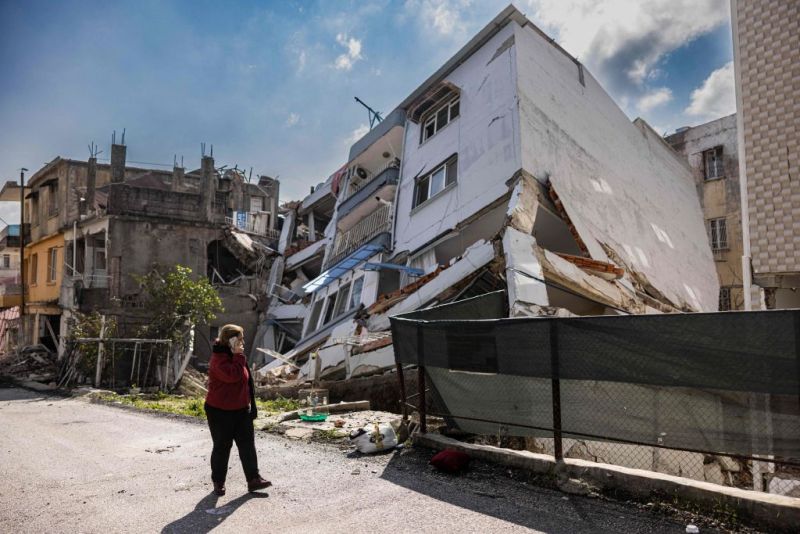Pope Francis to palliative care symposium: Euthanasia is a ‘failure of love’

 null / Lighthunter via Shutterstock.
null / Lighthunter via Shutterstock. CNA Staff, May 22, 2024 / 13:45 pm (CNA).
Speaking to an interfaith symposium on palliative care taking place in Toronto May 21–23, Pope Francis said that “authentic palliative care is radically different from euthanasia, which is never a source of hope or genuine concern for the sick and dying.”
“All who experience the uncertainties so often brought about by sickness and death need the witness of hope provided by those who care for them and who remain at their side,” the pope said in his message to the symposium.
“In this regard, palliative care, while seeking to alleviate the burden of pain as much as possible, is above all a concrete sign of closeness and solidarity with our brothers and sisters who are suffering. At the same time, this kind of care can help patients and their loved ones to accept the vulnerability, frailty, and finitude that mark human life in this world.”
The International Interfaith Symposium on Palliative Care was organized by the Pontifical Academy for Life and the Canadian Episcopal Conference. The pope’s message was read on the opening night of the symposium by Archbishop Ivan Jurkovic, apostolic nuncio to Canada.
Quoting his 2020 encyclical Fratelli Tutti, Pope Francis called euthanasia “a failure of love, a reflection of a ‘throwaway culture’ in which ‘persons are no longer seen as a paramount value to be cared for and respected.’”
He also repeated a conviction he has shared before that assisted suicide and euthanasia constitute a “false compassion.”
“‘[C]ompassion,’ a word that means ‘suffering with,’ does not involve the intentional ending of a life but rather the willingness to share the burdens of those facing the end stages of our earthly pilgrimage,” he explained.
“Palliative care, then, is a genuine form of compassion, for it responds to suffering, whether physical, emotional, psychological, or spiritual, by affirming the fundamental and inviolable dignity of every person, especially the dying, and helping them to accept the inevitable moment of passage from this life to eternal life.”
The Church has long supported palliative care, teaching that assisted suicide and euthanasia — which both involve the intentional taking of life — are never permissible. Withholding “extraordinary means” of medical treatment and allowing death to occur naturally can be morally permissible under Catholic teaching.
Assisted suicide and euthanasia have been legalized in recent decades countries such as Canada, Australia, Spain, Belgium, and in multiple U.S. states, permitting patients to take their own lives or allowing doctors to kill them outright. In some of those countries, patients can request assisted suicide even if they are not suffering from a fatal affliction.
“[O]ur religious convictions offer a more profound understanding of illness, suffering, and death, seeing these as part of the mystery of divine providence and, for the Christian tradition, a means toward sanctification,” the pope continued in his remarks to the symposium.
“At the same time, the compassionate actions and respect shown by dedicated medical personnel and caregivers have often created the possibility for those at the end of their lives to find spiritual comfort, hope and reconciliation with God, family members and friends.”






